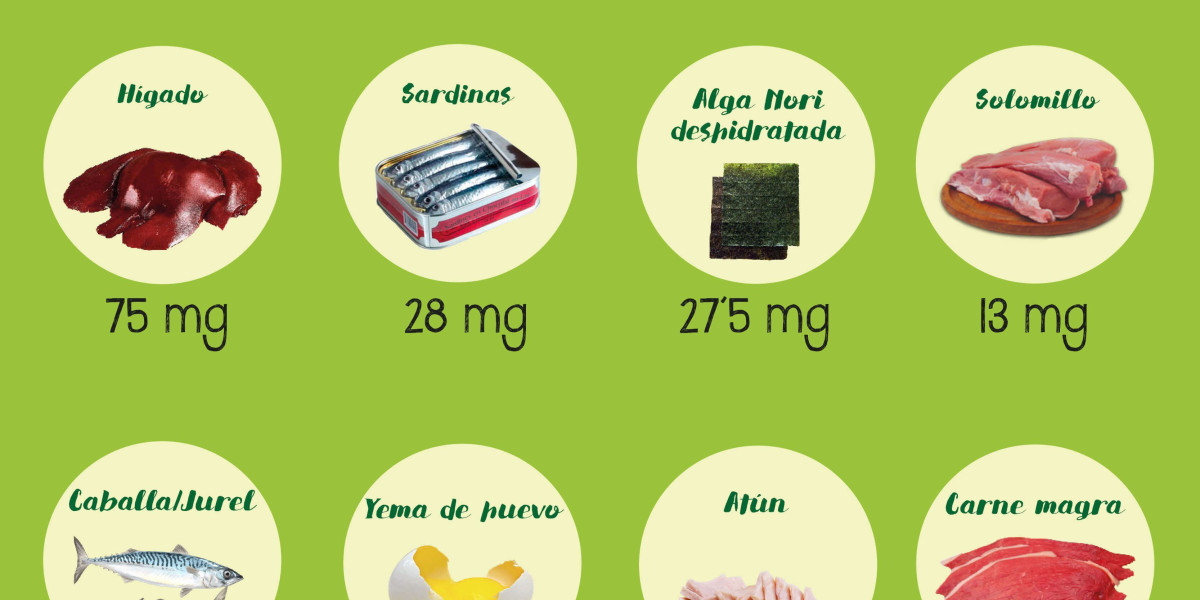Maintaining a healthy gut is essential for overall well-being. The digestive system plays a vital role in breaking down food, absorbing nutrients, and eliminating waste. When your gut is functioning optimally, you experience better energy levels, mood stability, and overall health. However, poor digestion can lead to issues such as bloating, constipation, and nutrient deficiencies. In this blog, we’ll explore ten simple tips to promote digestive wellness and help you achieve a happier, healthier gut.
Understanding the Importance of Digestive Health
Your digestive system is a complex network of organs that work together to process food and absorb nutrients. A healthy gut is crucial not only for digestion but also for a strong immune system and mental health. The gut microbiome, a community of trillions of bacteria living in your intestines, plays a significant role in maintaining digestive health. When the balance of these bacteria is disrupted, it can lead to various digestive issues and even impact your mental well-being. To address such concerns effectively, seeking advice from the best gastroenterologist in Dubai can provide you with personalized treatment and management strategies to restore your digestive balance.
1. Eat a Fiber-Rich Diet
Why Fiber Matters
Fiber is essential for good digestion. It helps regulate bowel movements, prevents constipation, and supports a healthy gut microbiome. There are two types of fiber: soluble and insoluble. Soluble fiber dissolves in water and forms a gel-like substance, aiding in digestion and slowing down the absorption of sugar. Insoluble fiber adds bulk to stool and helps food pass more quickly through the stomach and intestines.
How to Incorporate More Fiber
To increase your fiber intake, try adding fruits or vegetables to every meal, choosing whole-grain products, and incorporating legumes into soups, salads, and main dishes. Additionally, considering options like colon cleansing in Dubai can help support digestive health by removing waste and promoting a healthier gut environment. It's also essential to consult with a healthcare professional about regular screenings, such as a colonoscopy in Dubai, to ensure your digestive system remains in good health.
2. Stay Hydrated
The Role of Water in Digestion
Water is crucial for healthy digestion. It helps break down food so your body can absorb nutrients. Staying hydrated also prevents constipation by softening the stool, making it easier to pass.
3. Practice Mindful Eating
What is Mindful Eating?
Mindful eating involves paying full attention to the eating experience, savoring each bite, and recognizing hunger and fullness cues. This practice not only helps prevent overeating and reduces stress on the digestive system but also improves nutrient absorption. Additionally, adopting mindful eating habits can be beneficial for individuals seeking fatty liver disease treatments, as it encourages healthier food choices and better overall digestion. For those experiencing digestive issues, consulting a specialist for procedures like endoscopy in Dubai may also provide valuable insights into their condition.
4. Include Probiotics and Prebiotics
Understanding Probiotics and Prebiotics
Probiotics are live bacteria that provide health benefits when consumed. They can help balance the gut microbiome and improve digestion. Prebiotics are non-digestible fibers that feed the good bacteria in your gut, promoting their growth.
Benefits of Probiotics and Prebiotics
Including probiotics and prebiotics in your diet can help prevent digestive issues like bloating, constipation, and diarrhea. They also play a role in enhancing immune function and reducing inflammation, making them particularly beneficial for individuals seeking acid reflux treatment. By promoting a balanced gut microbiome, these elements can contribute to overall digestive health and comfort. If you experience persistent digestive problems, consulting a gastro doctor in Dubai can provide valuable guidance and treatment options tailored to your needs.
5. Exercise Regularly
How Exercise Affects Digestion
Regular physical activity promotes healthy digestion by increasing blood flow to the digestive organs and stimulating the muscles in the gastrointestinal tract. Exercise can also help alleviate constipation and reduce symptoms of digestive disorders like irritable bowel syndrome (IBS).
Tips for Incorporating Exercise
Aim for at least 30 minutes of moderate exercise most days of the week. Even a brisk walk after meals can significantly benefit your digestive health and may help address issues that warrant a visit to a stomach doctor in Dubai. Regular physical activity promotes efficient digestion and contributes to overall well-being.
6. Manage Stress Levels
The Connection Between Stress and Digestion
Stress can negatively impact digestion by altering the gut-brain axis, the communication network between your gut and brain. High stress levels can lead to issues like indigestion, IBS, and a weakened immune system.
7. Avoid Overeating
The Impact of Overeating on Digestion
Overeating can overwhelm the digestive system, leading to discomfort, bloating, and indigestion. It can also increase the risk of developing digestive disorders like GERD (gastroesophageal reflux disease).
8. Limit Processed Foods and Sugars
Why Processed Foods Harm Digestion
Processed foods are often high in unhealthy fats, sugars, and additives, which can disrupt the gut microbiome and slow digestion. They can also lead to issues like constipation and
9. Chew Your Food Thoroughly
Importance of Chewing
Chewing is the first step of the digestive process. It breaks down food into smaller pieces, making it easier for the stomach to digest. Thorough chewing also signals the stomach to produce digestive enzymes, which aid in nutrient absorption.
10. Avoid Eating Late at Night
How Late-Night Eating Affects Digestion
Eating late at night can interfere with digestion and lead to issues like acid reflux and indigestion. Lying down soon after eating can also make it difficult for your body to properly digest food.
Conclusion
Digestive wellness is a key component of overall health and well-being. By incorporating these ten simple tips into your daily routine, you can promote a healthier gut and improve your digestion. Remember to eat a fiber-rich diet, stay hydrated, manage stress, and avoid habits that can harm your digestive system. A healthy gut contributes to better energy, mood, and quality of life, making it well worth the effort to prioritize your digestive health.








